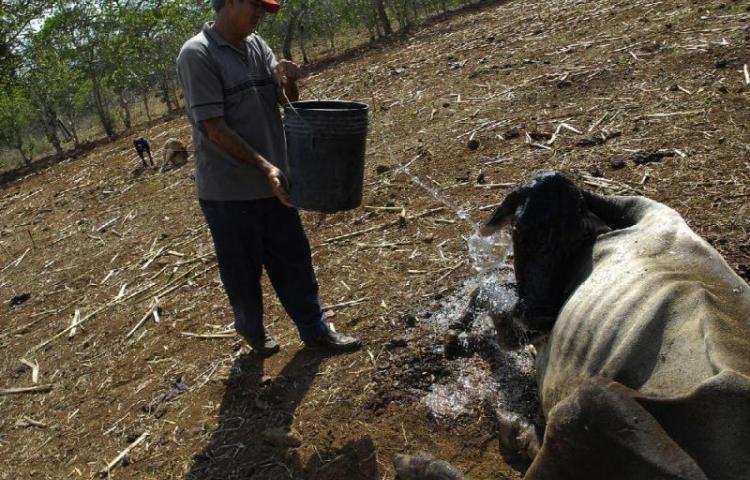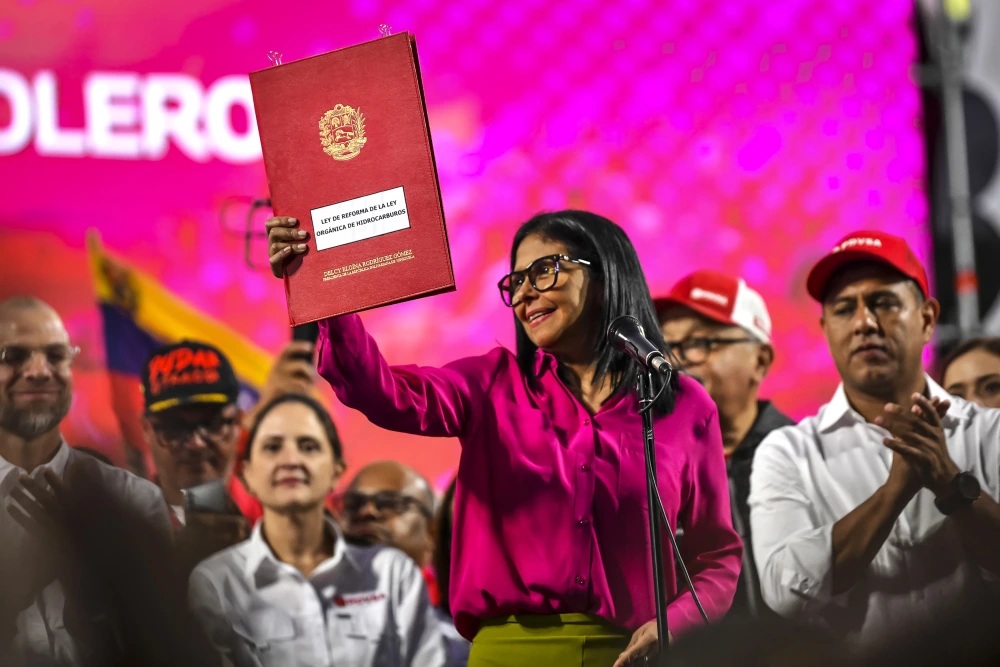Business action on climate change unpostponable

The “unpostponable” action of companies to mitigate the effects of climate change, should be considered as the first priority, “not an option”, because it is threatening the profitability of companies, said a group of business experts in Panama on Wednesday, May 30
The problem was discussed at the celebration of the V Sustainability Forum “Profitability of business in the face of climate change, impact, solutions and opportunities”, held by the American Chamber of Commerce and Industry of Panama (AmCham).
The president of AmCham, Miguel Bolinaga, said that in addressing the risks created by climate change, “we feel we are contributing to the development of a more just, humane society, sensitive to issues that we cannot leave to discuss tomorrow.”
Gerardo Herrera, general director of Marsh’s advice for Latin America and the Caribbean, detailed a recent global report on risks caused by climate change, which measured the trends caused around biodiversity, the water crisis and “low perception that exists about digital risk.”
He emphasized that the “risk of corruption has grown exponentially” in Latin America, according to the study conducted by Marsh in partnership with another global risk measurement center and higher education entities.
The thirteenth study developed by Marsh stated that “the extreme climate appears as number one” in the concern for the productivity of companies and cited as an extreme example the ravages of hurricane María ten months ago on Puerto Rico, because it was said that there were less than 100 deaths and today it is shown that there were more than 4,000.
“That only shows that they did not want to see” the situation ” …and that happened in the United States,” he said ironically, adding that in 2018 there is in Latin America “greater awareness of biodiversity” and its impact on daily life.
Another effect of climate change is “involuntary migration”, added to “social instability”. “It’s a priority issue, not a future issue,” he said.
Everything has also been “complicated” with the expansion and diversification of the Internet in different platforms, which multiplies the cyber risk, and noted that the development of artificial intelligence should be on the agenda of all states so that “it does not create differences “between nations.
Steve Tochilin, general manager of Environment and sustainability of Delta Airline; Leonardo Veintemilla, Sales Manager of Maersk Lines; and Álvaro Uribe, from the Directorate of Urban Planning of Panama Metro, shared the actions they adopt in their daily work to mitigate the risk of climate change by seeking to reduce greenhouse gas emissions.
This is due to the decrease in fuel consumption by the Maersk fleet, or Delta’s better use of airplane fuel and the solution by doubling the mass transit capacity of the Panama Metro.
The idea is to “eliminate the problems to accelerate world trade,” suppressing the use of paper in paperwork, and thus contribute to preserving forests, for example, Tochilin said.
The goal is to achieve by 2020 the reduction of 30 percent of CO2 emissions into the atmosphere.
Cities like the capital of Panama, that concentrates e half of the four million inhabitants of the country, should replicate the capacity of transport of passengers with a network of eight metro lines while it “reframes” the urbanization, at the moment “disconnected” because housing developments become walled.
All these realities impact the logistics development expected by a country because this is based “on interconnection,” Uribe said.





